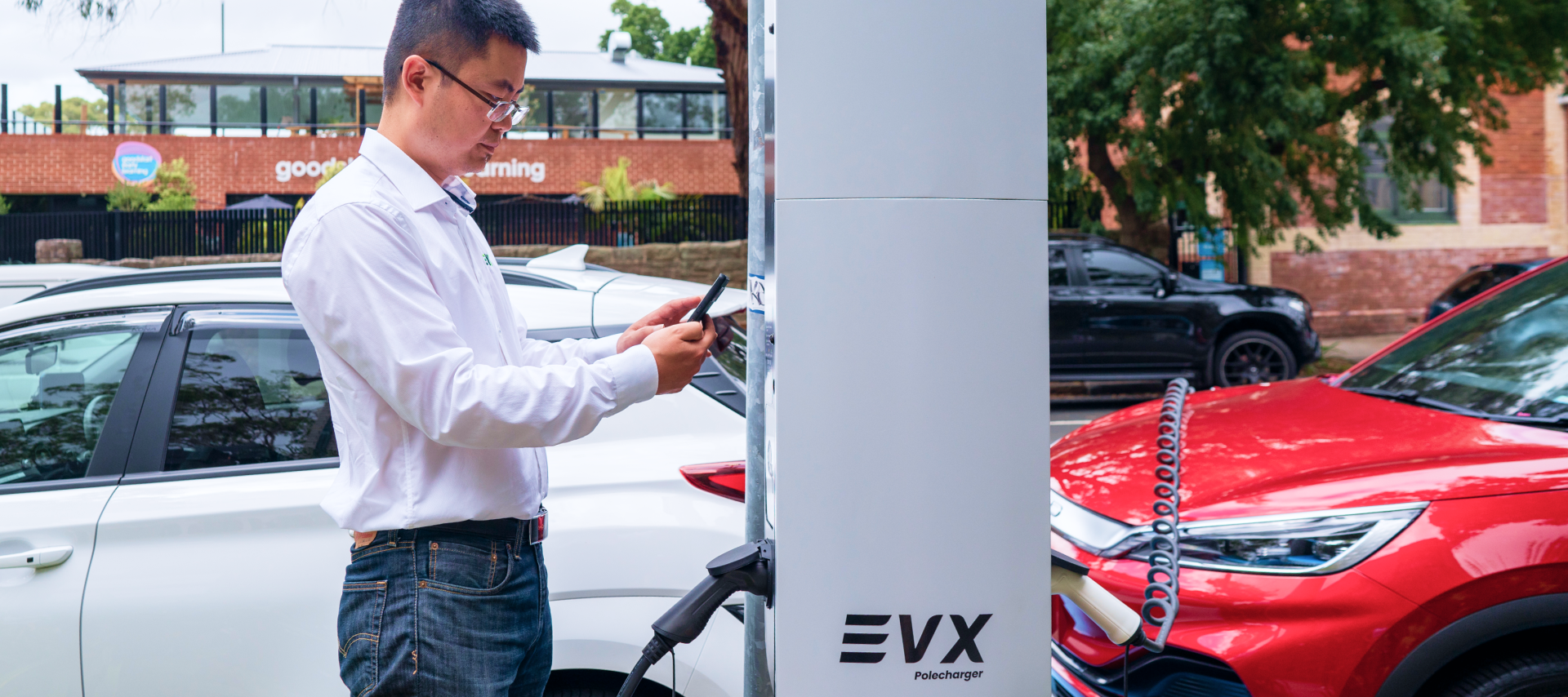With an increase in concern and conversation surrounding environmental pollution and meeting net zero emission goals, electric vehicles have captured the attention of many Australians, but what about other electrified options?
Though not as prominent in media headlines, hybrid vehicles are a popular choice among Aussies, accounting for nearly 82,000 car sales in 2022 compared to just over 33,000 EVs according to Drive. If you want to opt for a more sustainable car with your next vehicle upgrade, both electric vehicles and hybrids offer unique benefits and drawbacks, and choosing between them depends on various factors, including driving habits, budget, and personal preferences.
Here’s a closer look at the pros and cons of electric vehicles and hybrids to help you make an informed decision:
Electric Vehicles
EVs are powered solely by electricity and do not have an internal combustion engine (ICE) or a fuel tank. Instead, they rely on rechargeable batteries to provide power to an electric motor that drives the wheels.
Pros:
-
- Zero Emissions: Electric vehicles produce zero emissions while driving, which makes them an eco-friendly option that helps reduce air pollution and greenhouse gas emissions.
- Low Operating Costs: EVs are much cheaper to operate than gasoline-powered cars, with lower maintenance costs and significantly lower fuel costs. According to estimates, electric vehicles can save you up to $1,000 a year in fuel costs.
- Quiet and Smooth Driving: Electric vehicles operate more quietly and smoothly than traditional cars, which can provide a more comfortable and enjoyable driving experience.
Cons:
-
- Limited Driving Range: Electric vehicles have limited driving range and require frequent charging, which can be inconvenient for long-distance driving or road trips.
- Higher Upfront Costs: Electric vehicles can be more expensive to purchase than petrol or diesel cars, with higher upfront costs due to the cost of batteries, other electric drivetrain components, and import tariffs. Luckily, with new government incentives, these costs are coming down.
- Charging Infrastructure: The availability of charging infrastructure is still limited in some areas, which can make it challenging to find charging stations on long journeys. We at EVX as well as Ausgrid and local governments are committed to rolling out a vast number of charging stations across the country by 2025.
Hybrids
Hybrids combine a petrol engine with an electric motor and battery pack to deliver improved fuel efficiency and reduced emissions.
Pros:
-
- Better Fuel Economy: Hybrids deliver better fuel economy than traditional cars, which can help save you money on fuel costs over time.
- Reduced Emissions: Hybrids emit fewer pollutants than traditional cars, making them a more eco-friendly option.
- Increased Driving Range: Hybrids have a longer driving range than EVs and do not require as frequent charging.
Cons:
-
- Higher Upfront Costs: Like EVs, hybrids are typically more expensive to purchase than gasoline-powered cars. The cheapest hybrid currently on the market is not unaffordable, though, at ~$27,000.
- Complex Technology: Hybrids have more complex technology than traditional cars, which can result in higher maintenance costs over time.
- Limited Electric Driving Range: Most hybrids can only drive on electric power for short distances, making them less suitable for those who frequently drive long distances.
Which One Should You Choose?
Both electric vehicles and hybrids offer significant benefits over traditional gasoline-powered cars. The choice between them depends on your specific needs and preferences, and both options are worth considering when shopping for a new car.
Sign up to our newsletter to keep up to dates: https://evx.tech/blogs/

